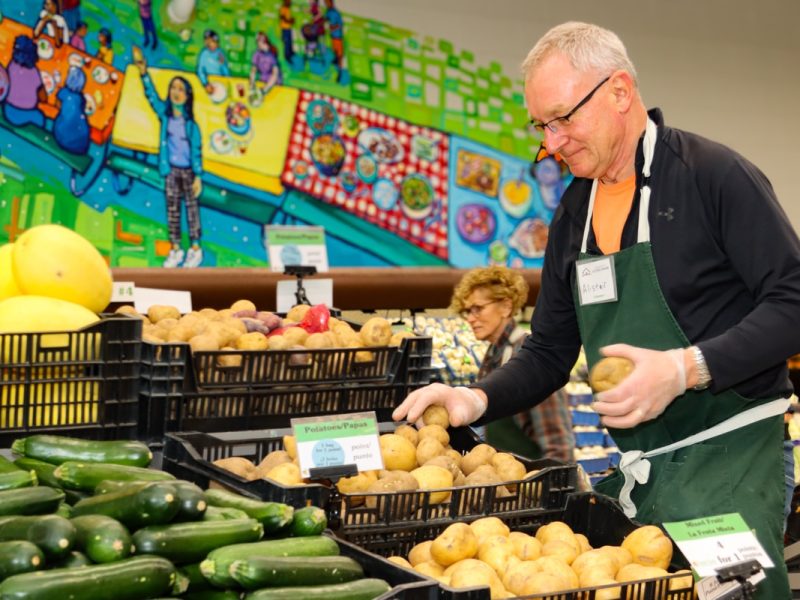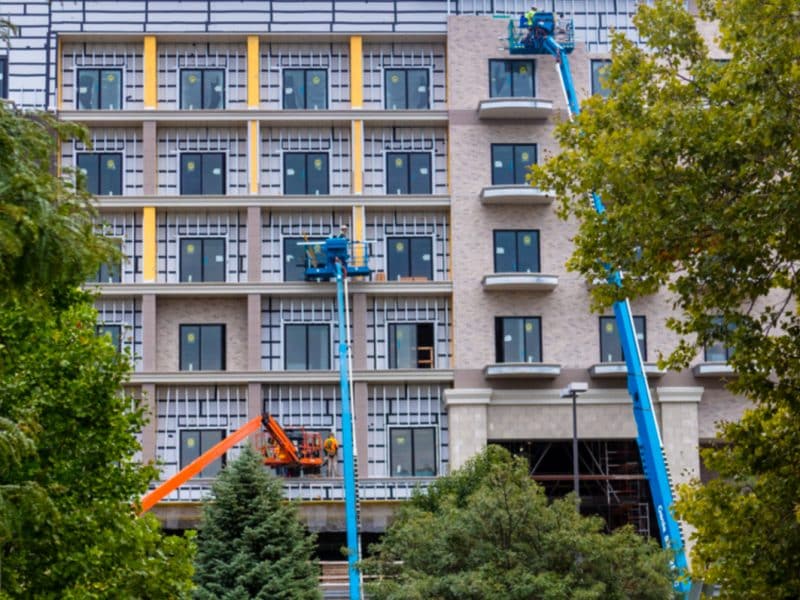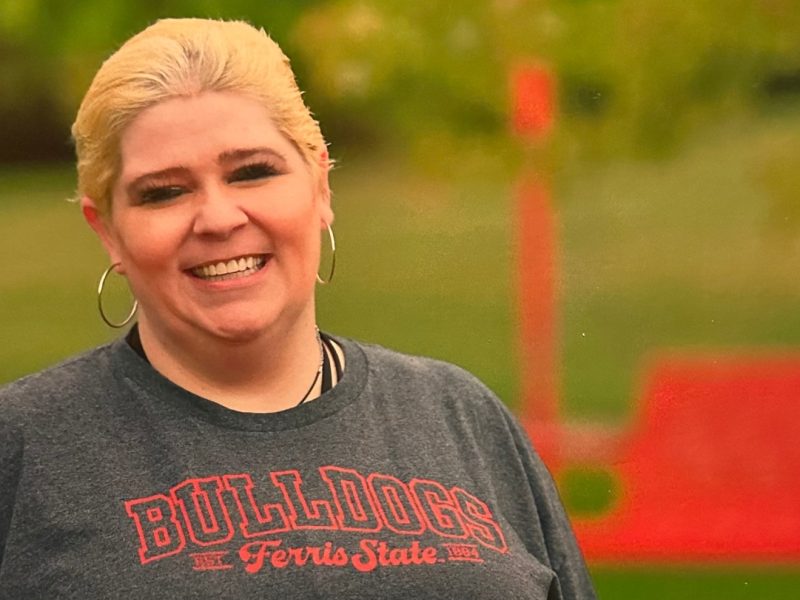RapidChat: Chris Martinez on his newest role on the Varnum Diversity and Inclusion Advisory Council
Identifying both as Hispanic/Latino and as a part of the LGBTQ community, Chris Martinez is an evident fit for Varnum's Diversity and Inclusion Advisory Council. As its newest member, Martinez will provide vital insights from both his personal experience and role in leadership development at the YMCA.

Identifying both as Hispanic/Latino and as a part of the LGBTQ community, Chris Martinez is an evident fit for Varnum's Diversity and Inclusion Advisory Council. As its newest member, Martinez will provide vital insights from both his personal experience and role in leadership development at the YMCA.
Rapid Growth: When was the Varnum Diversity and Inclusion Advisory Council role first brought to your attention?
CM: I had the pleasure of meeting with Varnum partner, Luis Avila, over lunch. He shared with me the work Varnum was involved in regarding diversity and inclusion. To be honest, it was quite inspiring to hear Luis talk about the commitment and passion the firm has in regard to this work. Unlike many non-profits that feel they have an obligation to pursue this work, Varnum isn’t compelled to do so. Instead, they have made the choice to embark on this work because it is the right thing to do. It spoke volumes to me that Varnum isn’t solely profit-driven. Rather, the firm realizes that by ensuring doors are open to all, they are truly making a difference for the entire community.
RG: Given your experience, what value do you wish to bring to the council?

CM: As someone who identifies both as Hispanic/Latino and as a part of the LGBTQ community, I have always known the importance of making sure there was room at the table for everyone. I also work for an organization with the words “for all” in its mission statement. In the last three YMCAs I worked for (NC, VA, and now MI), I have been tasked with providing high-level leadership in regards to building a culture of diversity, inclusion, equity, and global strategies. I have also served our national office (YMCA of the USA in Chicago) through leading and serving on National Employee Resource Groups and serving on the National Diversity & Inclusion Leadership Council. Lastly, I am dedicated to this work and ensuring access for all.
RG: Within the legal industry, what diversity and inclusion issues are most frequently considered?
CM: Unfortunately, discrimination is one that pops up quite frequently. These issues most frequently center around race, age, gender, ability, and sexual orientation.
RG: Why do you think this is such an important topic for Grand Rapids businesses to be discussing?
CM: This question would require a lengthy essay. In short, when your business looks like the communities it serves, you increase your opportunity to grow your customer base. Imagine someone who only speaks Spanish wanting to utilize your services but there is no one on hand to serve them. You may lose that business and the potential customer may not be able to offer your company that extremely valuable word-of-mouth advertising.
For the YMCA and other non-profits, we rely heavily on fundraising efforts. There are many minority-owned companies and individuals that may have a high-capacity to give, but if they don’t feel welcome or engaged, they may not choose to write that check. Lastly, it’s the right thing to do. We have an amazing community here in West Michigan and having a diverse population makes a richer experience for all of us. As Grand Rapids works to build fewer walls and more bridges, our city will continue to be seen as welcoming, with opportunities increasing and businesses growing and thriving as a result.

RG: With limited bandwidth and resources, how do you recommend that smaller organizations implement diversity and inclusion efforts?
CM: How do you eat an elephant? One bite at a time. This work can seem daunting. Smaller organizations must realize that this can be done slowly, one step at a time. It can be frustrating, especially when you just want to get out there and change the world. Even the YMCA in 50 states and over 120 countries across the globe had to start somewhere. A starting point can be something as simple making sure any forms or brochures you have available to customers are translated into Spanish or another language that is common in your community. It could be something as simple as a multicultural potluck where all staff members bring a traditional family recipe to share.

There are also a number of free or low-cost trainings available where you can learn more about diversity and inclusion. I’m also willing to work with these, or larger, companies to discuss possible training options that the YMCA already provides (and could be made available to the larger community).
RG: In what areas do you see Grand Rapids thriving when it comes to diversity and inclusion? What about failing?
CM: I think there is definitely some movement in regard to pockets of individuals or organizations that “get it.” I think of Lakeshore Ethnic Diversity Alliance (LEDA). LEDA is serving as a beacon of hope to marginalized communities. I had the opportunity to attend their last conference, the largest in its history, and had exposure to experts in regard to many different areas of diversity and inclusion. As far as thriving, it’s organizations like LEDA that are paving the path.
I don’t necessarily think Grand Rapids is failing in any particular area. I just believe we are in the early stages of an evolution that will continue to gain traction. Since arriving in Grand Rapids, I have had the opportunity to volunteer at the Grand Rapids Pride Center and for the West Michigan Hispanic/Latino Health 5K walk/run. I would love to see more individuals and organizations realize the importance of these community development opportunities and volunteer or financially support.
Jenna K. Morton is the RapidChat correspondent for Rapid Growth Media.








